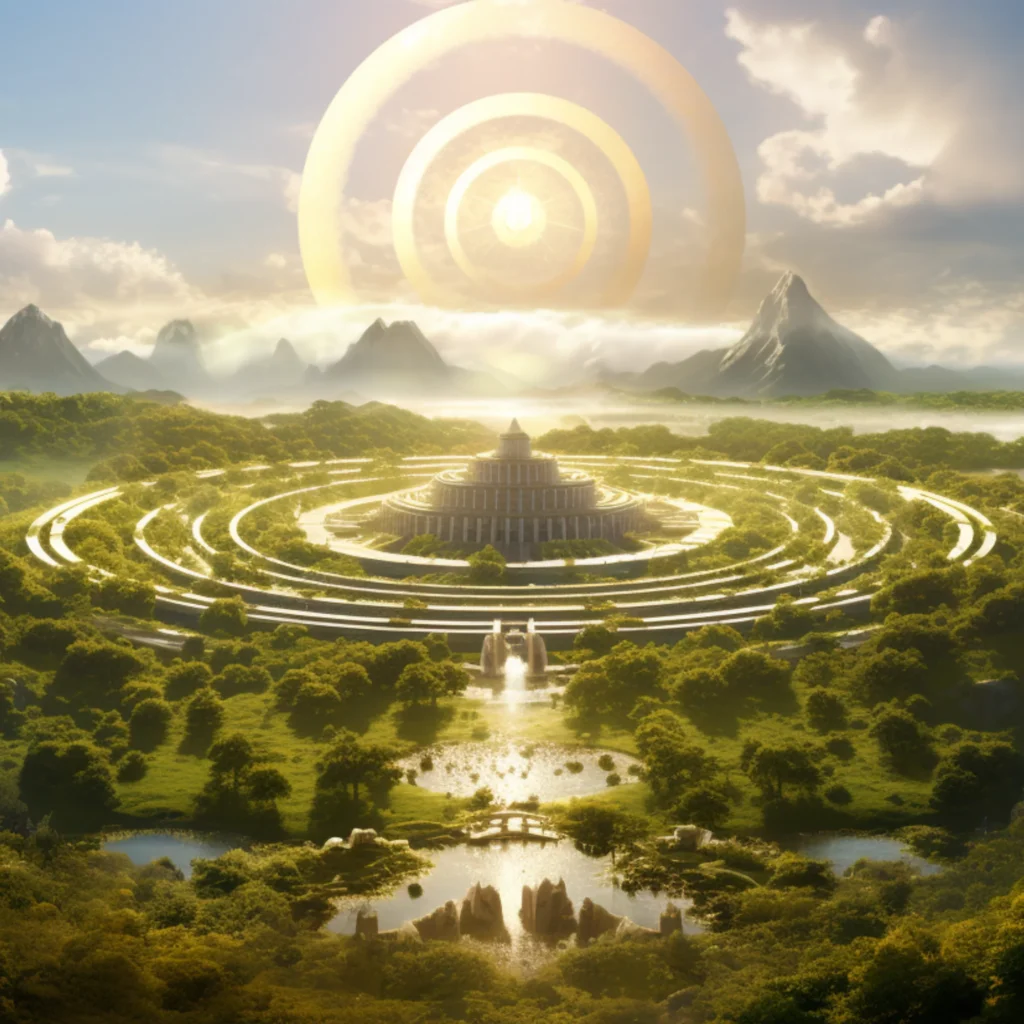The Meaning of Promised Lands in Religion and Beyond
The concept of a “promised land” exists in varying forms across different religious traditions. Often representing a divinely appointed destination or reward, this concept can be understood both literally (as in a physical place) and metaphorically (as in a state of spiritual fulfillment or enlightenment). It is a place where people believe they can find peace and fulfillment, and it is a goal that many people strive for. This concept has inspired people for centuries. It is a symbol of hope, redemption, and ultimate happiness.
The Promised Land Across Faiths
In the Jewish tradition, the Promised Land is the land of Israel, which was promised to Abraham and his descendants by God. Christians believe that they will one day be reunited with God in heaven, which they see as the Promised Land. In the Islamic tradition, the Promised Land is known as Jannat or paradise. It is a place of eternal bliss where believers will enjoy all the pleasures of life without any pain or suffering. In Hinduism, the Promised Land is known as Moksha, or liberation from the cycle of reincarnation. It is a state of perfect union with God. In Zoroastrianism, the Promised Land is known as Frashokereti, or the final renovation of the world. Zoroastrians believe that Frashokereti will be brought about by the coming of a savior figure known as Saoshyant.
Scriptural Voices on the Promised Land
Christianity:
“We’ve been in the mountain of hatred long enough. It is necessary to move on now, but only by moving out of this mountain can we move to the promised land of justice and brotherhood and the Kingdom of God.”
– Martin Luther King, Jr., civil rights leader and theologian
Judaism:
“The Lord had said to Abram, ‘Go from your country, your people and your father’s household to the land I will show you. I will make you into a great nation, and I will bless you; I will make your name great, and you will be a blessing.’”
— The Hebrew Bible (Genesis 12:1-3), Jewish scripture
Islam:
“Surely, following the heavenly Record, We decreed in the Scriptures: ‘My righteous servants shall inherit the land.’”
— The Qur’an (21:105), Islamic scripture
Buddhism:
“A deeply searching mind is the pure land of the bodhisattva. When he attains Buddhahood, beings who are endowed with blessings will be born in his country.”
— The Buddha, Vimalakirti Sutra

Hinduism:
“Pre-eminent among all sacred fords, the best of places, superior to all knowledge, this is my place, the supreme Avimukta […] All the evil accumulated in a thousand previous lives is destroyed for one who enters Avimukta.”
— Kurma Purana, Hindu scripture
Zoroastrianism:
“The resolute one who moved by the principles of Thy Faith
Extends the prosperity of order to his neighbors
And works the land the evil now hold desolate,
Earns through Righteousness, the Blessed Recompense
Thy Good Mind has promised in Thy Kingdom of Heaven.”
— Zoroaster, founding prophet
Popular Reads
Fire as a Symbol | Religious Wear | False Narrative | The Charioteer | The Cosmic Tree | Sacred Words | Sacred Music | Allegory of the Cave | The Great Flood | Creation Story | Hippocratic Oath | Fasting and Religion | Spiritual Transcendence | Religious Texts | Divine Justice | Belief in a Higher Power
For more reflections on personal growth, wisdom and happiness, browse through our website


